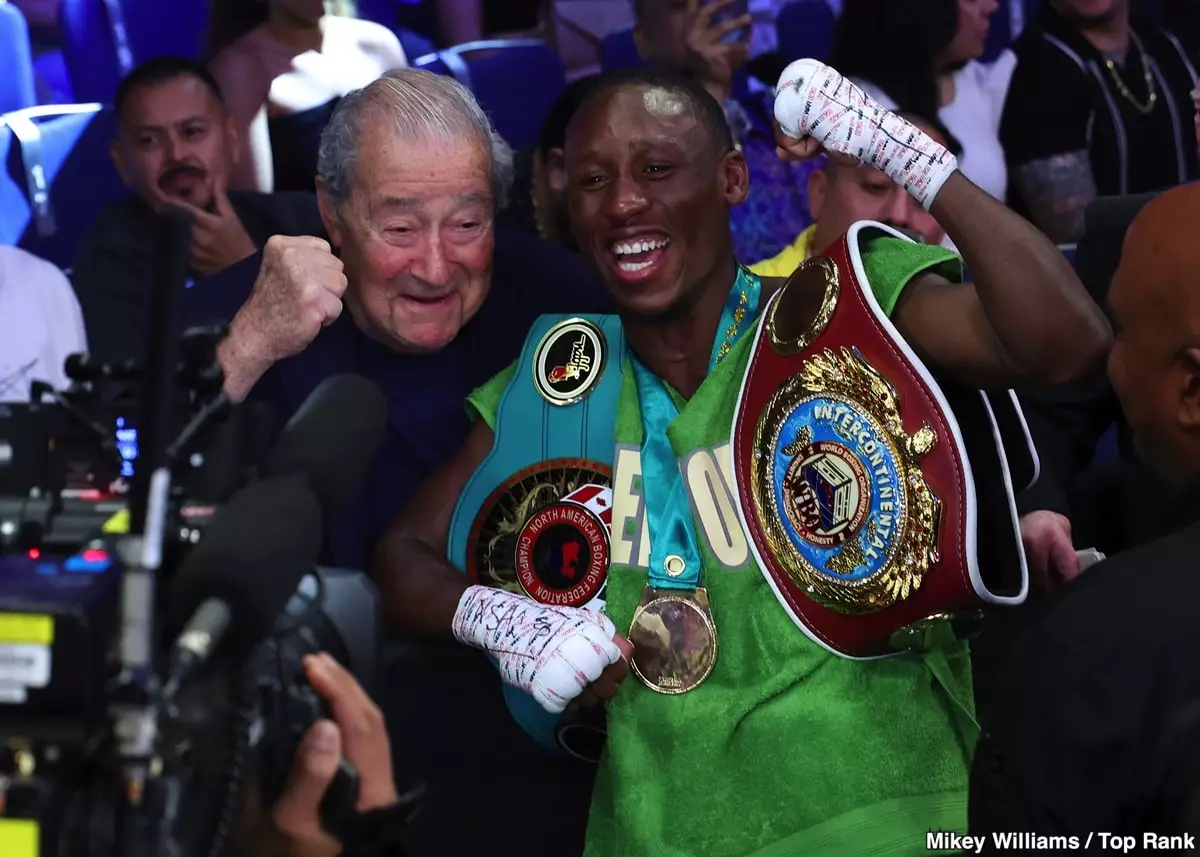In today’s boxing landscape, the spectacle of a world champion holding a title often masks a deeper crisis—one of legitimacy, competitive spirit, and genuine challenge. When fighter Nick Ball, the reigning WBA featherweight champion, chooses to defend his title against aging opponents like Ronny Rios or TJ Doheny, it raises profound questions about the integrity of his reign. These defenses seem less about proving his prowess and more about prolonging his time as a champion without risking a true challenge. This pattern exemplifies a troubling trend where the prestige of a title can be manipulated, turning it into a stepping stone for complacency rather than a testament to merit.
Disregard for Fans and the Divisional Integrity
Boxing mandates a delicate balance between entertainment and sport. Yet, fighters and their teams often appear to prioritize convenience and personal agendas over delivering compelling matchups. The situation surrounding Bruce Carrington’s efforts to secure a fight against Nick Ball underscores this betrayal to fans. Carrington, an emerging talent with an undefeated record, openly criticizes Ball’s team for rejecting reasonable offers, choosing instead to defend against a super bantamweight—Sam Goodman—who does not even compete at featherweight. Such choices diminish the credibility of the title and insult fans’ intelligence, as they seek fighters willing to face the best, not those who serve as easy opponents or stepping stones.
Power Dynamics and the Illusion of Opportunity
Behind the scenes, power dynamics appear to favor champions like Ball who seem to manipulate the system to their advantage. When negotiations break down, instead of chasing worthy contenders, champions often resort to defending against aging or less relevant opponents. This practice creates a distorted hierarchy where titles are held as prizes rather than pursuits of excellence. Carrington’s candid critique reveals a harsh reality: that some champions prefer to “milk” their belts for financial gains or extended tenure rather than elevate the division through tough, meaningful contests. The unspoken message is clear—provide easy defenses, maintain status, and avoid the risk of losing the title inside the ring.
The Need for a Cultural Shift in Boxing
The sport desperately needs a cultural shift—away from the marketing-driven, entitlement mentality and toward a genuine appreciation for fierce competition. Champions should be celebrated not just for their skills but for their willingness to face the toughest opponents. The apparent disinterest of Nick Ball in fighting Carrington suggests a hiatus from this ideal. Instead of adhering to the hallmarks of competitive spirit, some fighters appear more interested in avoiding risk at the cost of the sport’s integrity. For boxing to regain its credibility, fighters, promoters, and sanctioning bodies must prioritize fighters who truly challenge themselves and uphold the sport’s honor.
The current scenario exposes a clear rift within boxing’s hierarchy—a divide between the desire to maintain titles as symbols of sporting excellence and the reality of their exploitation. Until this imbalance is addressed, boxing’s reputation as a rigorous, merit-based sport will continue to be undermined by strategic avoidance and manufactured defenses that serve no one but the titleholders trying to prolong their reign.

